US Plans Migrant Deportations to Libya Despite Court Ban and Widespread Human Rights Concerns
A federal judge confirms that deporting migrants to Libya would violate a standing court order, while Libya’s rival governments have stated they will not accept any deportees. Human rights groups warn such deportations would expose migrants to torture, trafficking, and possible death.
The Trump administration is reportedly preparing to deport a group of migrants to Libya, in direct defiance of a federal court order and despite strong warnings from human rights organizations about the country’s dangerous conditions.
According to Reuters, three unnamed U.S. officials indicated the deportations could occur as early as this week. Two of them suggested flights could happen as soon as Wednesday, though they noted the plans might still be altered.
The move has sparked legal and humanitarian backlash. District Court Judge Brian Murphy reaffirmed that a previous injunction he issued prohibits such deportations, stating clearly, “If there is any doubt – the Court sees none – the allegedly imminent removals would clearly violate this Court’s Order.”
Adding to the controversy, Libya’s rival political factions issued rare, coordinated statements saying they would not accept any deportees from the United States. It remains unclear whether the U.S. offered anything in exchange for Libya's cooperation.
The State Department has previously described Libya’s prison conditions as “life-threatening,” with widespread reports of torture, arbitrary detention, and human trafficking. Advocacy groups emphasized the dangers migrants face in the war-torn country, where armed militias and smugglers routinely exploit asylum seekers.
“Libya is not a safe place to send anyone,” said Sarah Leah Whitson, executive director of Democracy for the Arab World Now (DAWN), citing the country’s ongoing conflict and abuse of migrants.
Images circulated by immigration experts, including Aaron Reichlin-Melnick of the American Immigration Council, highlight the grim reality of Libyan detention facilities. He described them as “hellscapes” marked by sexual violence, beatings, and slavery.
Médecins Sans Frontières (Doctors Without Borders) expressed serious concern, referencing a 2023 United Nations report detailing systematic torture, rape, and enslavement of migrants. The report concluded that crimes against humanity were likely being committed against detained migrants in Libya.
Despite repeated requests, U.S. government agencies—including the White House, Department of Homeland Security, and State Department—have not issued formal comments. The Pentagon referred questions to the White House.
This development follows broader efforts by the Trump administration to deport migrants to third-party countries with poor human rights records, including Angola, Benin, Moldova, and Rwanda. Already, 238 Venezuelans have been deported to a prison in El Salvador.
Libya, a key transit hub for migrants trying to reach Europe, has long been criticized for its treatment of migrants. Tens of thousands, mostly from sub-Saharan Africa, remain detained indefinitely in overcrowded and abusive facilities.
International aid groups and NGOs operating in the Mediterranean have echoed these warnings. Mirka Schäfer of SOS Humanity described Libya as “not a safe place for migrants and refugees,” recounting survivor stories of torture, gunshots, and trafficking.
One migrant reportedly told rescuers aboard a humanitarian vessel that smugglers in Libya “sell people like they would sell bread.”
Italian activist Luca Casarini of Mediterranea Saving Humans accused the Trump administration of endorsing this cruelty, calling the policy “an endorsement of horror” and warning that it “drags our civilisation toward the abyss.”
Libya’s Government of National Unity reiterated that it had not agreed to receive deportees and condemned any attempt to use its territory without prior coordination.
The Trump administration has made aggressive immigration enforcement a cornerstone of its policies, increasing deportations and expanding detention measures. As of this week, over 152,000 people have been deported since Trump took office, according to the Department of Homeland Security.
Secretary of State Marco Rubio recently signaled that the administration is seeking additional countries to accept U.S. deportees. “The further away from America, the better,” he said in a recent cabinet meeting, noting that the administration is actively negotiating with several nations.
Earlier this month, the U.S. Supreme Court temporarily blocked the deportation of a group of Venezuelans accused of gang affiliation. The Trump administration has since urged the court to lift or narrow that order.
Meanwhile, human rights advocates continue to sound the alarm over any plans to send migrants to Libya—a country many describe as one of the most dangerous places on Earth for vulnerable populations.

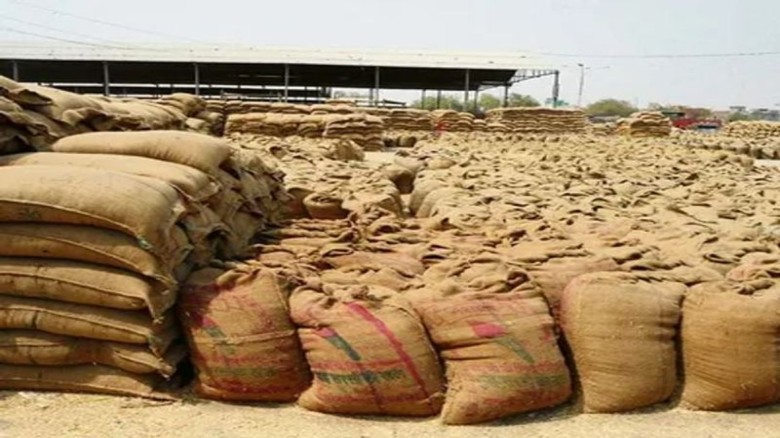
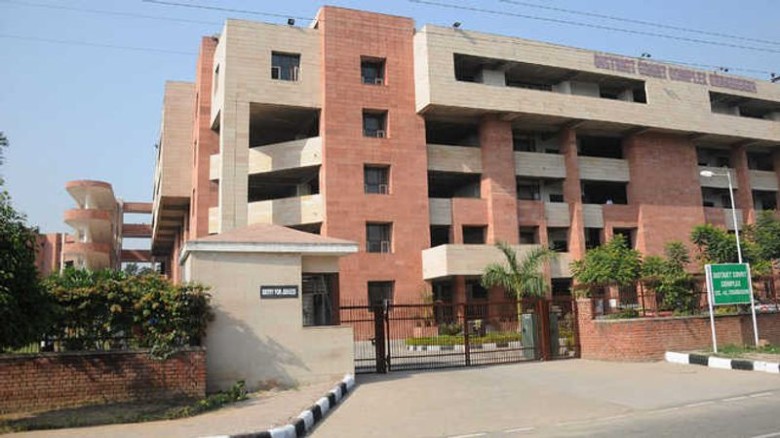
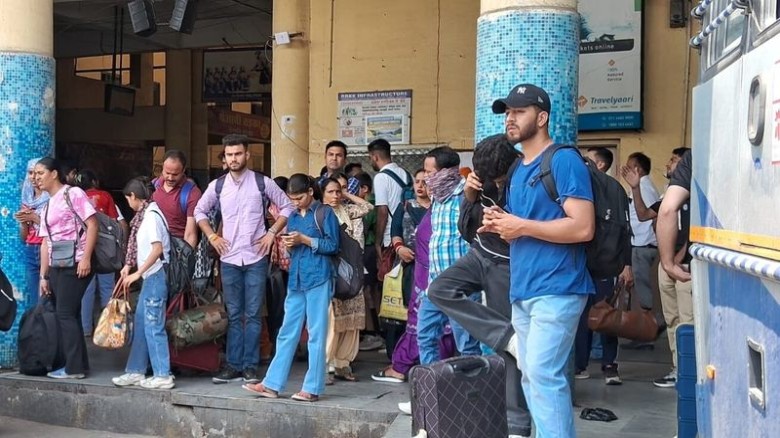
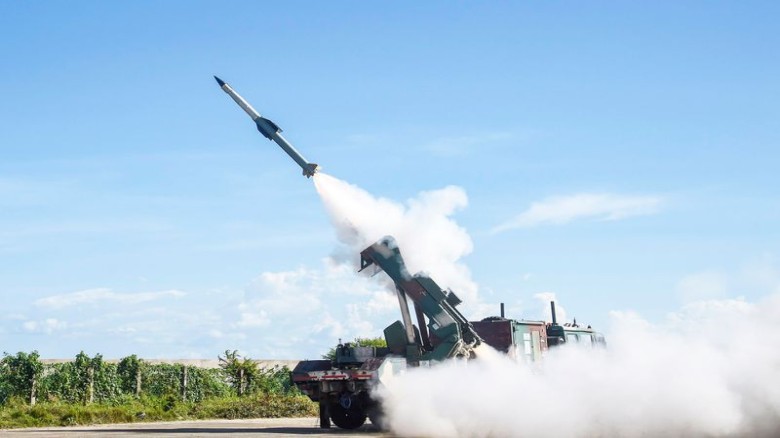
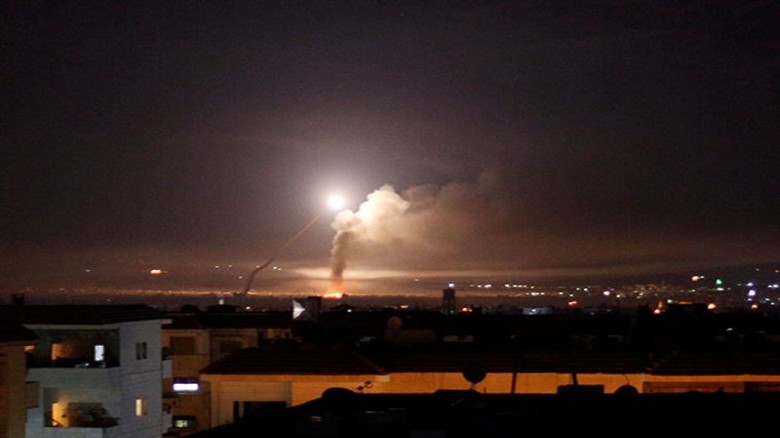
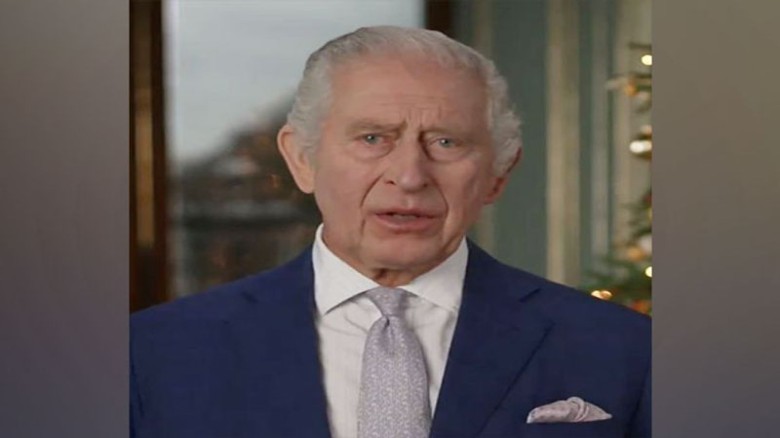

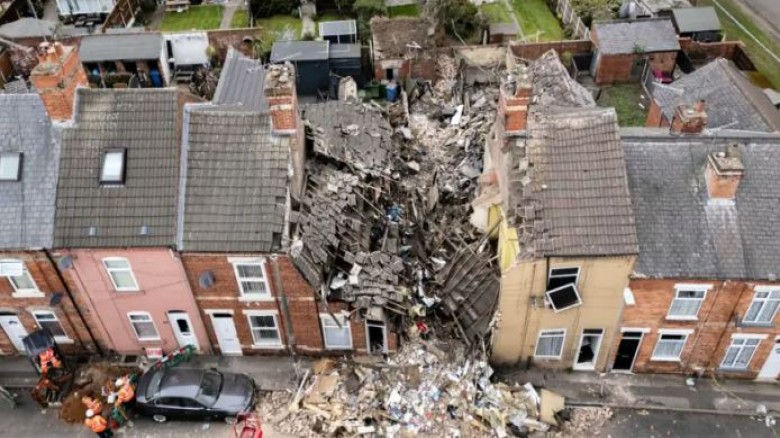

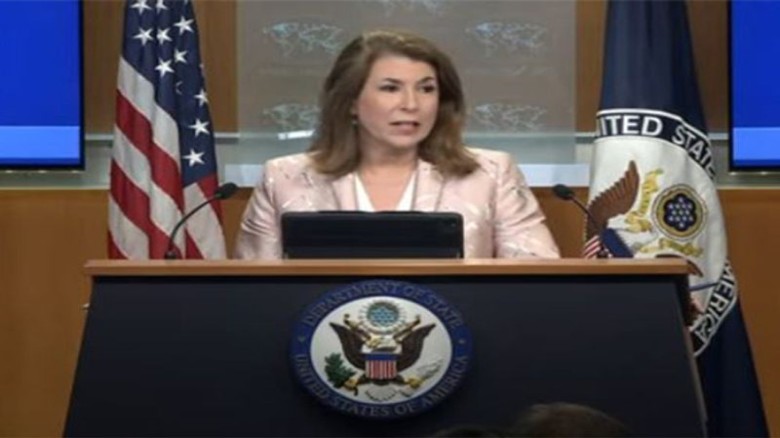
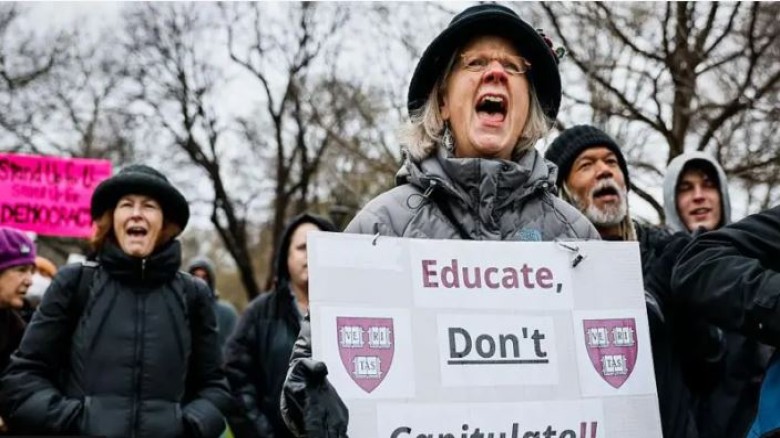
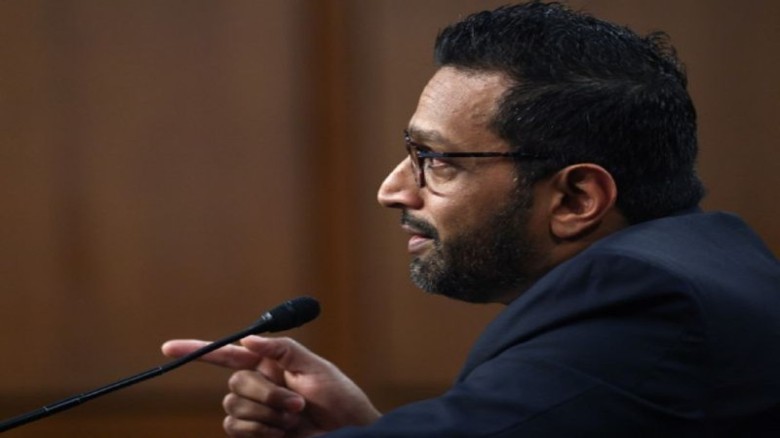











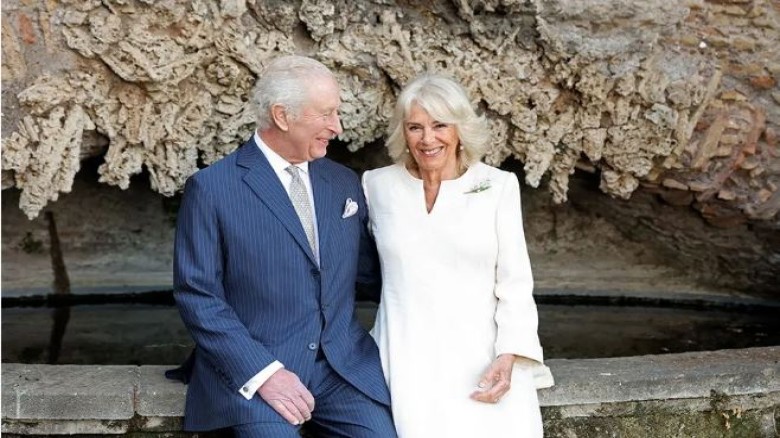
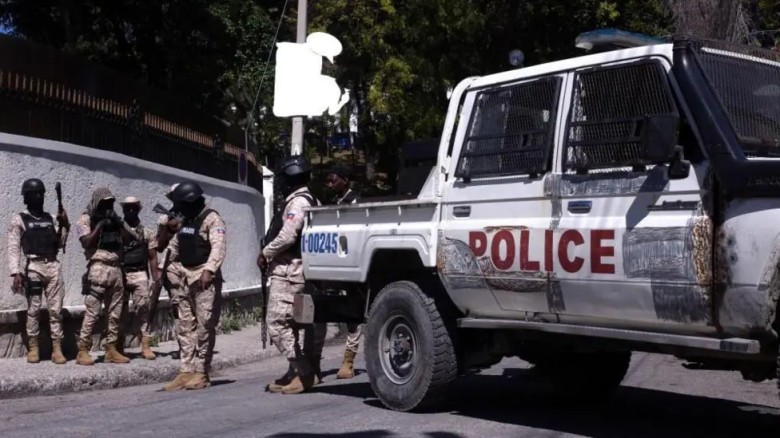

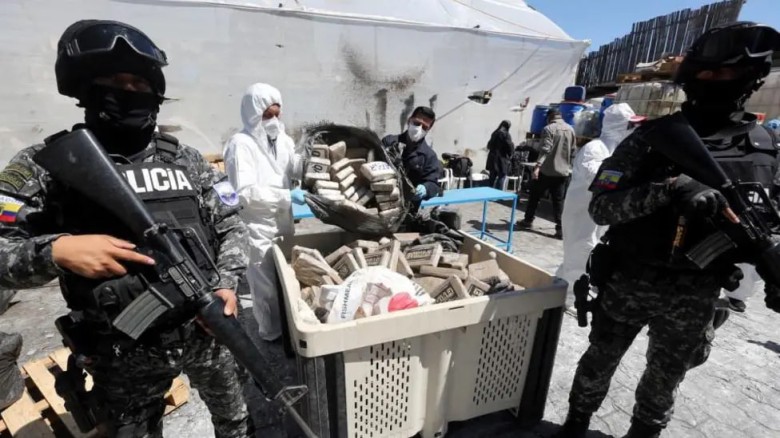
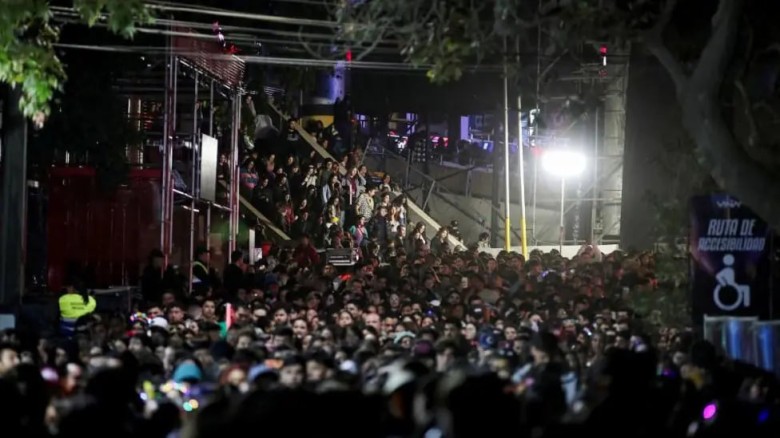







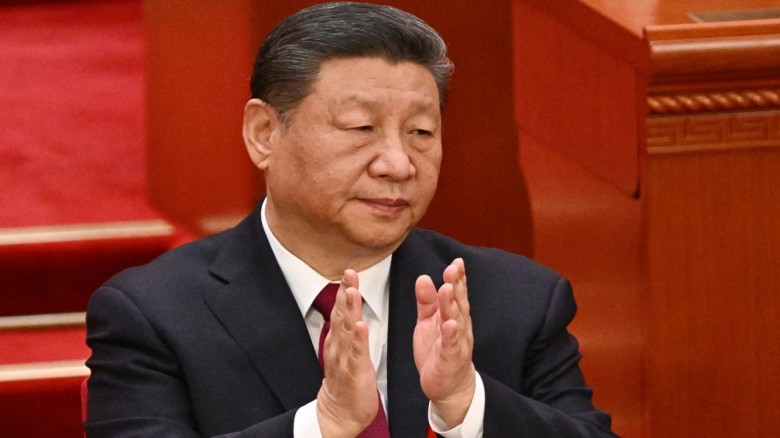


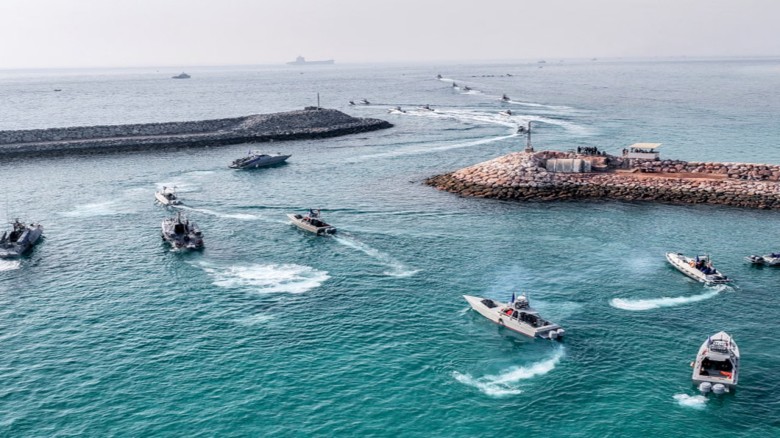
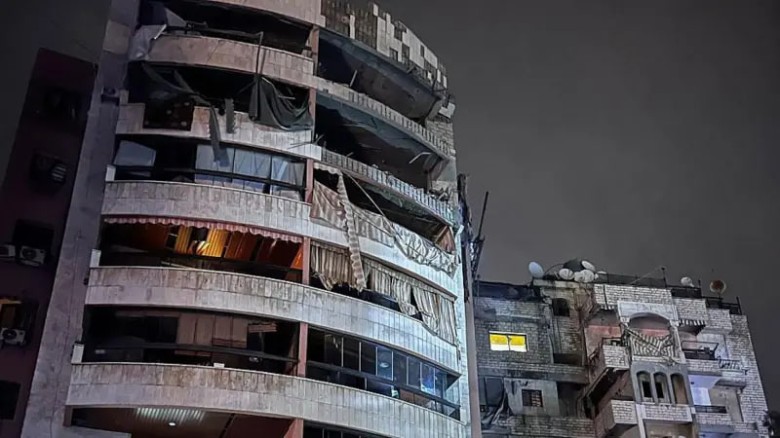
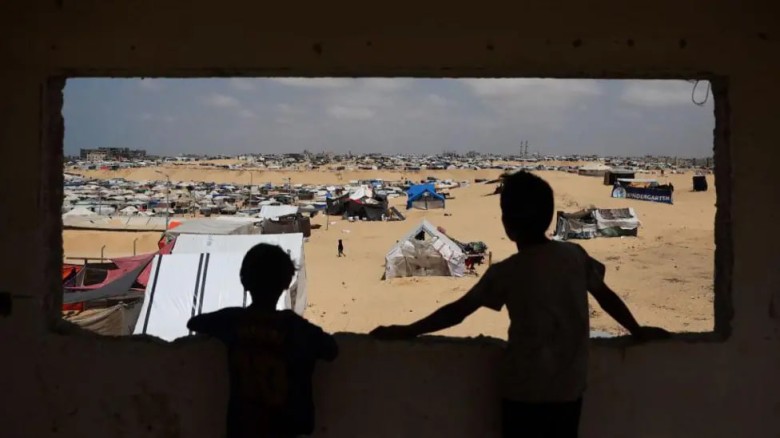







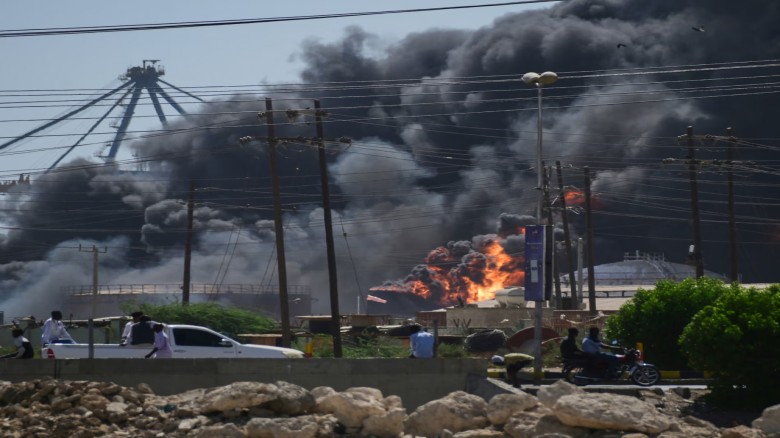
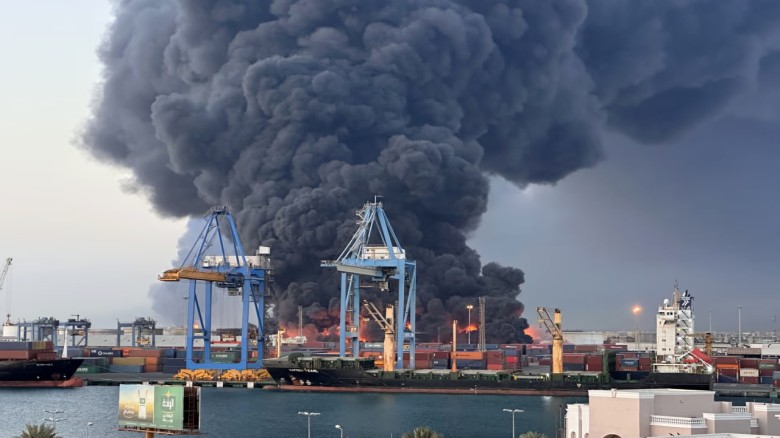
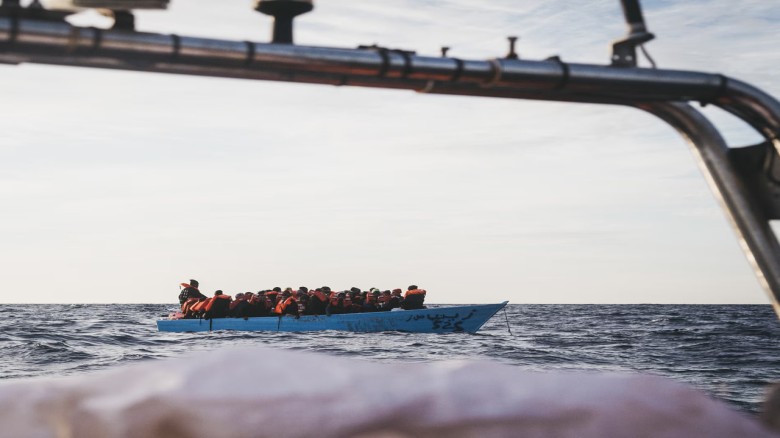
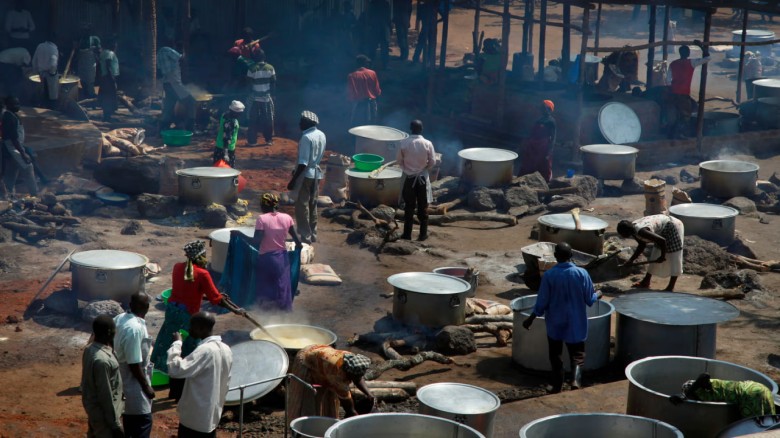



















Leave A Comment